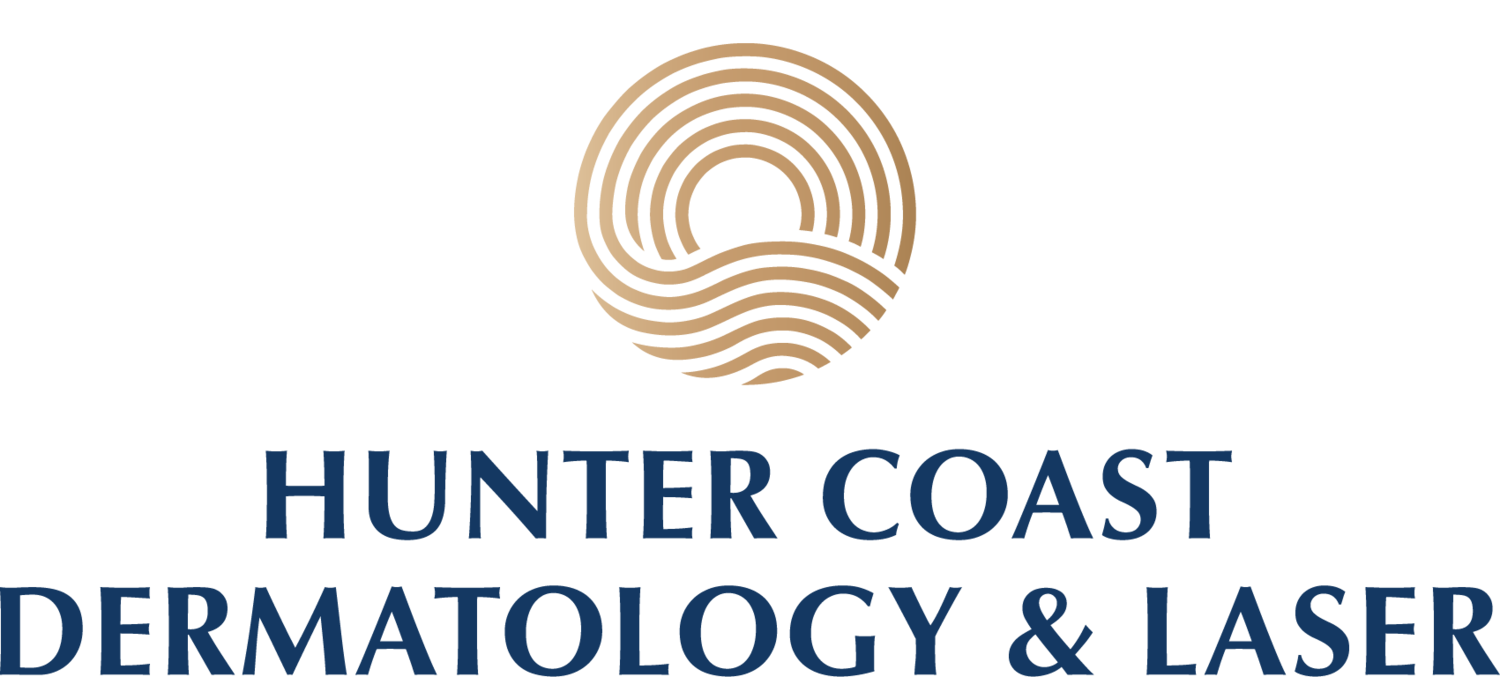
Surgical Services
Hunter Coast Dermatology and Laser provides surgical services from our purpose built dermatology centre in the heart of Newcastle. Our dermatologists are specialists in the management of skin cancers and have trained extensively in dermatology and advanced surgery techniques. The removal of skin lesions, benign and malignant, should be discussed with your doctor to determine the best option. In some cases, other treatments may be considered.
Surgical treatments include:
Biopsies of skin lesions or rashes
Shave excisions
Curettage and cautery of lesions
Electrocautery treatments
Skin cancer excisions for basal cell carcinomas, squamous cell carcinomas, Bowen’s disease, melanoma, and other rarer skin cancers
Cosmetic excisions such as of moles (also known as naevi), skin tags, seborrheic keratosis and others.
Acne and other scar management
Excision of Cysts in the skin and fat (lipomas)
Nail biopsies
Some early skin cancers do not need surgery and may be amenable to laser treatment.
In some cases, simple procedures on the day of your consultation will be possible. Surgical procedures are performed using local anaesthetic in our rooms.
Biopsy
There are different types of biopsies eg, punch biopsy, shave biopsy and snip biopsy.
Your doctor will discuss the best option with you.
After the skin is cleaned and anaesthetic applied/injected, the biopsy of skin is obtained. Some biopsies do not need stitches, others may have one to three stitches inserted to close the skin. Usually there is only a very small faint straight line scar left, that is difficult to detect.
If there are stitches, they are usually removed, sometimes dissolving stitches are used. Your doctor and nurse will advise you on the required wound care.
Excisions
Most skin cancers are treated with a simple excision. This removes slightly more skin than biopsies, and usually results in a straight line scar.
We mark the lesion(spot), and extend the lines so that dog ears are avoided. The skin is removed, then bleeding is stopped. We then sew the wound together.
Two types of stitches can be used:
Absorbable (dissolving) - this will break down under the skin and be absorbed.
Non-absorbable (non-dissolving) - these stitches will need to be removed.
Your doctor and nurse will advise you on the required wound care.
Complex skin surgery
Complex skin surgery
This type of surgery is often use to close larger defects from skin cancer removal.
Flaps
This is the use of skin from the local area, moved around, which is used to patch the wound, when a simple excision would cause a problem. For instance, we may move skin from the cheek to cover a defect on the nose.
Grafts
This is the use of skin from another part of the body, trimmed to fit the area of skin that has been removed. For instance, we may take skin from the neck, to patch the wound on a nose or forehead.
Wound care
Wash your hands before and after attending to any wounds.
Please refer to your personalised wound care instructions.
Minor swelling, bruising, redness, pain and ooze is usual after any procedure. Mild numbness can also be expected. Excessive or severe redness, pain or ooze (blood, yellow liquid, or pus) will need urgent review.
Please phone the office during office hours, or contact your GP.


